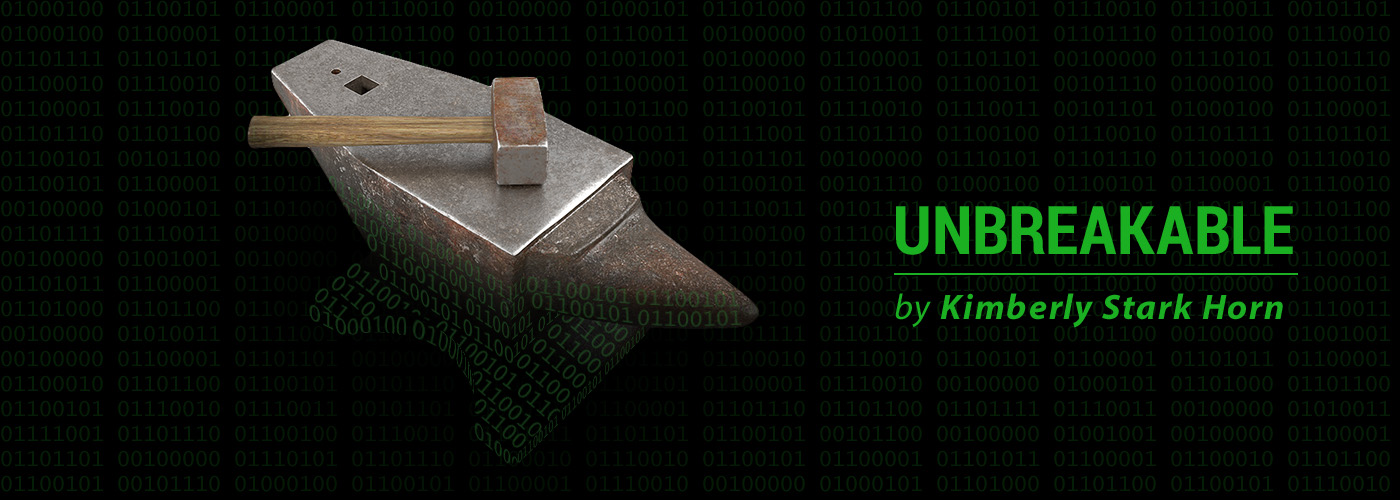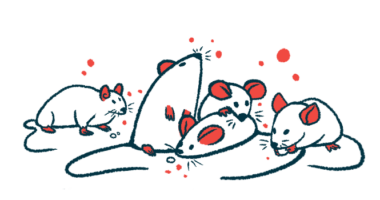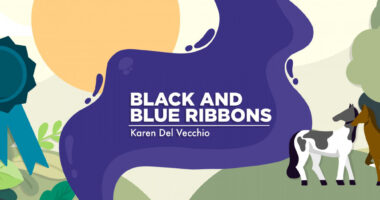Distinguishing Between My Identity and My Roles in Life

Change happens.
I have had many roles in my life, including being a daughter, wife, and mother. I’ve also been a student, artisan, neighbor, patient, and advocate. You probably have had similar experiences.
Roles have come, and roles have gone. It’s part of the natural waxing and waning of life. But when roles are confused with identity, shifts in responsibility and intensity can affect a person. If identity is tied to a role, precipitous changes in life that alter or end a role can be devastating.
I am not devastated.
The word “role” has its origins in “roll,” as in a roll of paper upon which actors’ lines were written. An actor may assume a role and speak the lines, and he may be well-suited for the part. But that doesn’t mean he is his character.
He’s the person who is capable of stepping into that role and performing it to the best of his abilities. Sometimes he’ll use creative improvisation. He’ll perform until the show has run its course and then, hopefully, he’ll move on to another project. His career doesn’t end when that role is finished. This is why no one likes to be typecast.
My roles do not determine my identity.
When postural orthostatic tachycardia syndrome and hypermobile Ehlers-Danlos syndrome caught up to me — OK, hold on, they didn’t just catch up to me, they tackled me in an alley and kicked me in the head and the ribs like I owed them money. Those monsters were merciless. Anyway, I suffered brain fog and the loss of the use of my hands. My roles as a business owner and glass artisan vanished.
My roles as patient, mother, wife, and advocate changed drastically. All of this loss and these enormous changes came together to form the perfect storm. They easily could have produced an existential crisis of epic proportion and shredded me apart had I allowed my roles to define my identity.
I have remained intact in the midst of all these changes because my identity is not rooted in any of the roles I occupy. My essence does not change according to what role I have or how well (or poorly) I perform it, or according to the value someone else assigns to me.
My identity determines how I ‘role.’
I choose to identify as a child of God, the most life-affirming, permanent identity I can think of. As a result, I have adopted a set of core values to live by. My core values affect what roles I choose to take on and the perspective from which I perform in them. My identity determines my roles, not the other way around.
When circumstances roll in and crash through my life, shuffling and sometimes shattering the roles I occupy, my identity remains unchanged. I’m still intact. I’m unbreakable.
What is your identity? How has it affected the roles you play in life or helped you when life circumstances changed? I’d love to hear about it in the comments below.
***
Note: Ehlers-Danlos News is strictly a news and information website about the disease. It does not provide medical advice, diagnosis, or treatment. This content is not intended to be a substitute for professional medical advice, diagnosis, or treatment. Always seek the advice of your physician or other qualified health provider with any questions you may have regarding a medical condition. Never disregard professional medical advice or delay in seeking it because of something you have read on this website. The opinions expressed in this column are not those of Ehlers-Danlos News or its parent company, Bionews Services, and are intended to spark discussion about issues pertaining to Ehlers-Danlos.







Leave a comment
Fill in the required fields to post. Your email address will not be published.